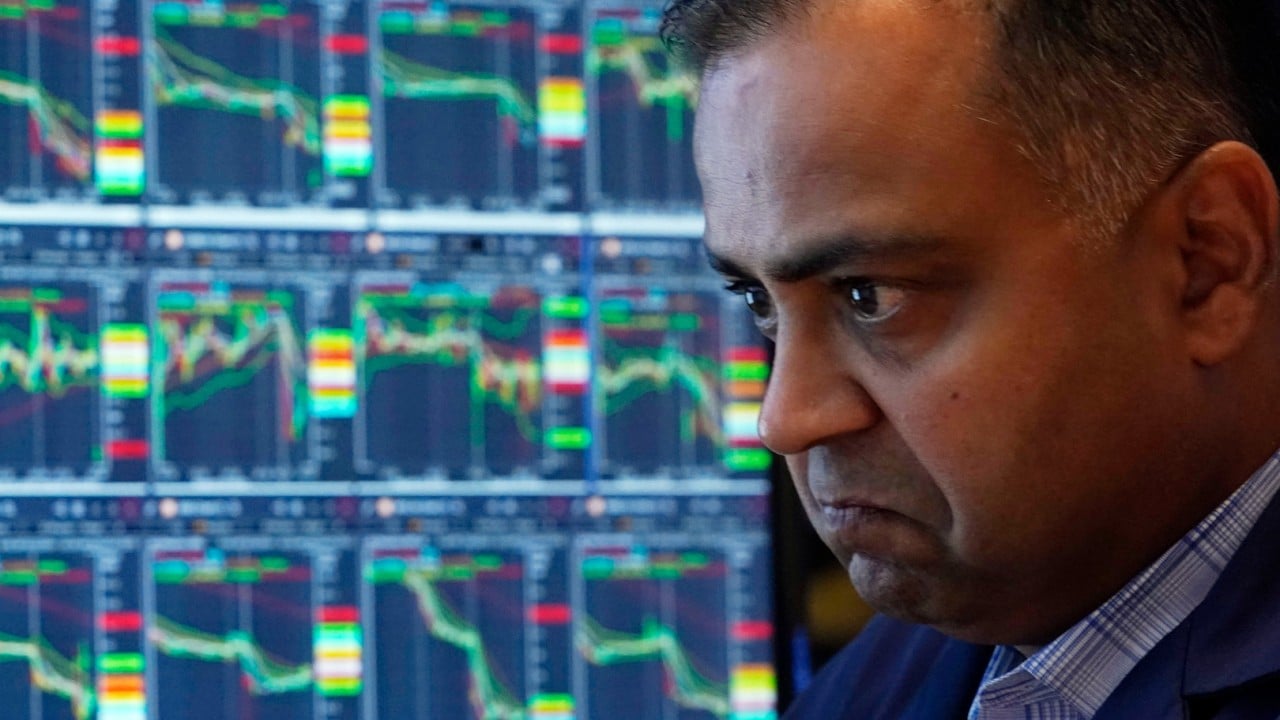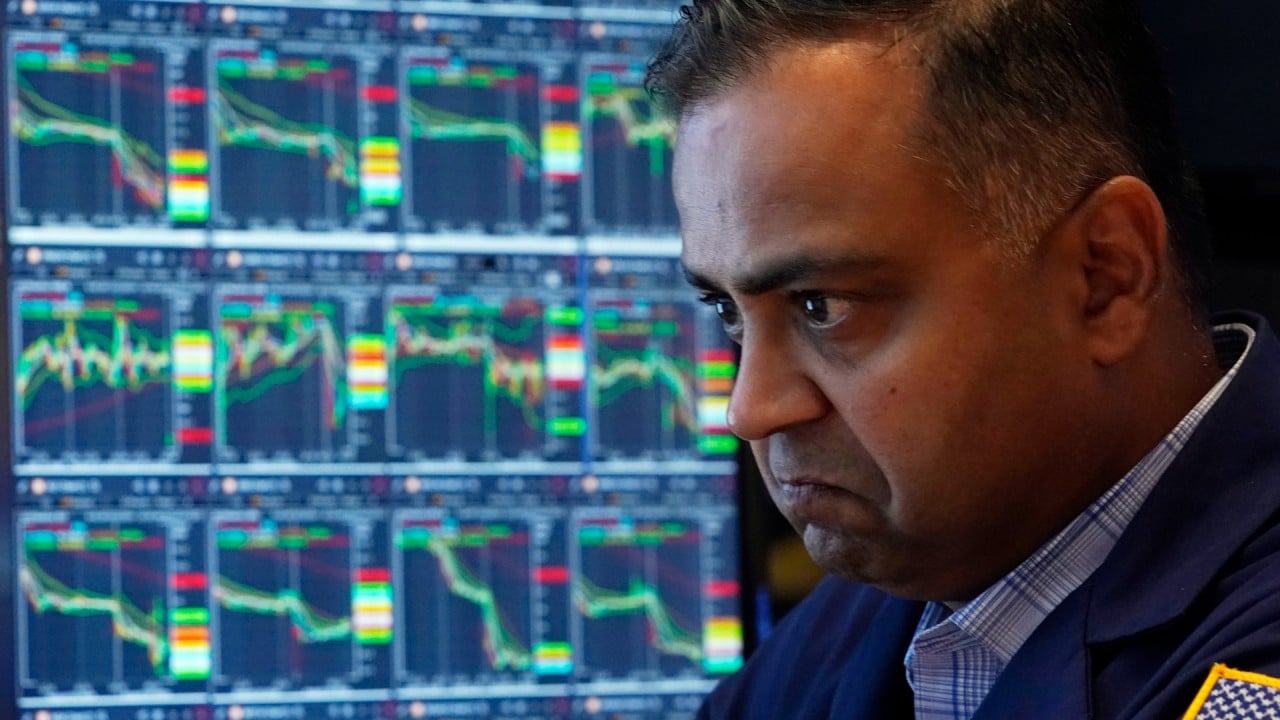The flash crash at the beginning of August saw the Hong Kong stock market fall by as much as 9 per cent in two weeks, bottoming out on August 5 after a sharp 3 per cent fall the night before in the US stock market.
Advertisement
This caused a substantial fright among investors, occasioned by some difficult US employment numbers and talk of apparent weakness in the consumer sector. As we know, the markets quickly recovered, with investors using the biggest trawlers they could find to bottom-fish for investments. This has driven equity markets up – to close to their levels in July.
On August 5, when market moods were darkest, David Roche and I talked about our views on RTHK’s 5pm business programme, The Close. Roche is a revered market strategist, and a role model of mine over 30 years ago. Nowadays, we’re happy to disagree with each other, as it makes for good radio. Yet we both had the independent conclusion that the market was not going to collapse much further.
Since then, I have been trying to figure out why two widely experienced greybeards both came up with that conclusion within hours of the event. Some may say it was a guess; or maybe intuition borne from experience.
But we both believed that the market was significantly overreacting to a limited piece of news. This instinct lies in the fact that market crashes require not just one bad narrative, but a combination of narratives coming together to cause a major disruption in the marketplace. This phenomenon is known as the multiple causation theory.


